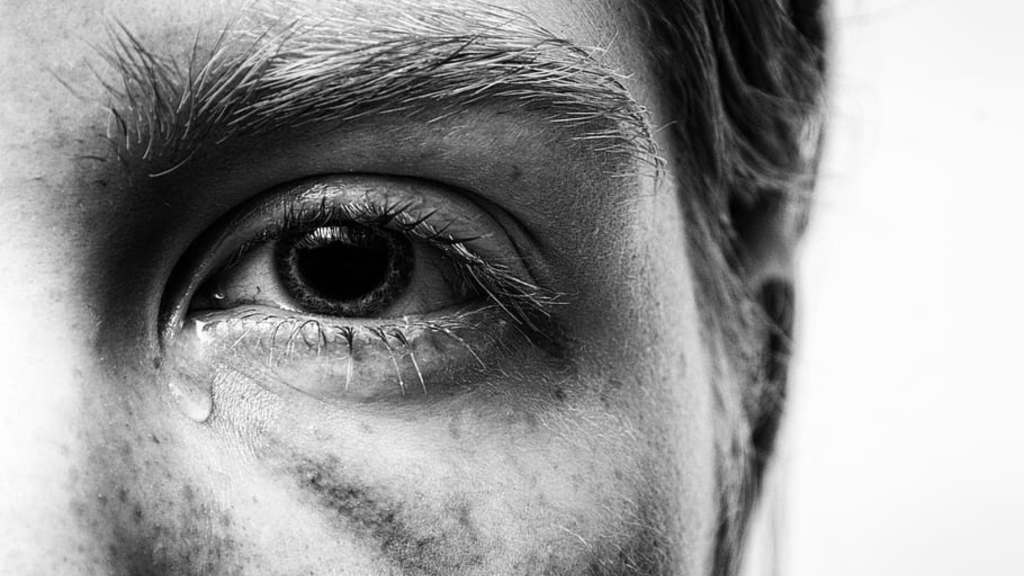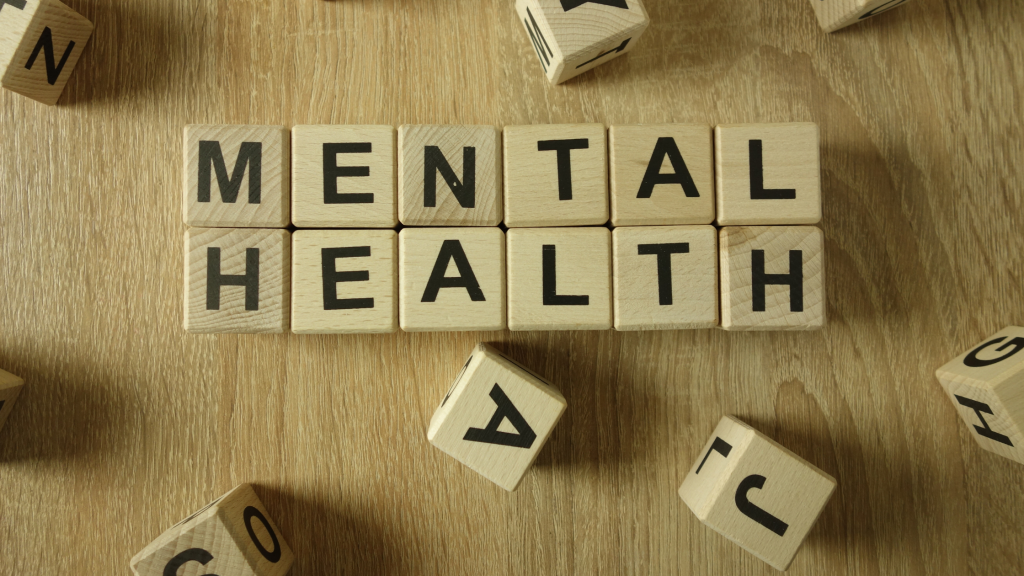
Holiday time is a time of the year that finds many people struggling with being able to celebrate in the festivities and celebrations that add to all the wonder of the traditions. When you find yourself struggling emotionally during the holidays you may be feeling the “Holiday or Winter Blues”. During the fall and winter months there is valid experiencing of clinical Seasonal Affective Disorder -” SAD.” SAD is a mood disorder characterized as depression that occurs around the same time each year typically in fall/winter months although it does occur in spring/summer months for some and will remediate within months. Changes in the weather and daylight hours contribute to the disorder. Additional contributing factors include traumatic experiences, biological family history, lower serotonin, and melatonin levels.
Sings that you may be experiencing SAD:
1. Increased levels of sadness.
2. Hopelessness
3. Loneliness
4. Urges to Isolate
5. Loss of interest is activities that you once found pleasurable.
6. Increased Irritability
7. Lack of energy
8. Increased sleepiness
9. Increased anxiety
10. Changes in appetite and eating habits.
At home supports: If you are experiencing signs of “SAD” you can create supports at home to include:
1. Talking with family, friends, and co-workers to let them know what you are going through.
2. Throughout the year create healthy relationships and sleep hygiene to include ending your day at 8-9pm, nighttime reading, turning off technology, having an evening snack, taking a warm shower or bath, dental care and listening to mindfulness meditation.
3. Create a balanced nutritious diet with the support of a Registered Dietician or Nutrition Coach!
4. Incorporate various coping activities that extend your capacity to tolerate such as: engaging in activities despite not feeling motivated to do so, surround yourself with people, take on a new hobby, create holiday gifts that you can share with others less fortunate, gratitude journaling, watch holiday movies, baking, volunteer at a shelter or local religious entity.
5. Purchase a sun lamp to keep in your bedroom.
6. Set up a time to meet with a Certified Life or Health Coach.
When to seek therapeutic support:
It is common for all of us to experience feeling down at times. If you find yourself not being able to regain your emotional footing after a couple of weeks, it is time to visit your healthcare provider. You may start with your primary care doctor, then transition to a psychiatrist and therapist as recommended.
The most concerning signs that impact the decision to seek professional support are changes in appetite, changes in sleep pattern, changes in physical activity, changes in libido, changes in capability to cope. These are impactful in our daily functioning and can lead to additional issues such as destroyed relationships, substance abuse or even suicidal thoughts.
If you find yourself not enjoying the holidays, assess your behavior with honesty to yourself. Take action that will be effective in creating the space that will increase your capability while extending grace and compassion to yourself and others!
Happy Holidays!
-Jania Boyd, MS Therapist, Therapeutic Recreation Specialist, Certified Life Coach, Certified Anger Management Specialist II, intensively trained in all things DBT, RO-DBT, EMDR









 So, I'm no ordinary therapist. I was once a gymnast under the now famous coach, Al Fong. Al has had several women compete in the Olympics and was there, waiting out the COVID time with his gymnasts Kara Eaker and Leanne Wong, until recently.
So, I'm no ordinary therapist. I was once a gymnast under the now famous coach, Al Fong. Al has had several women compete in the Olympics and was there, waiting out the COVID time with his gymnasts Kara Eaker and Leanne Wong, until recently.